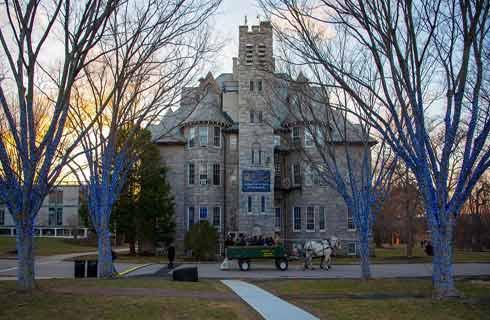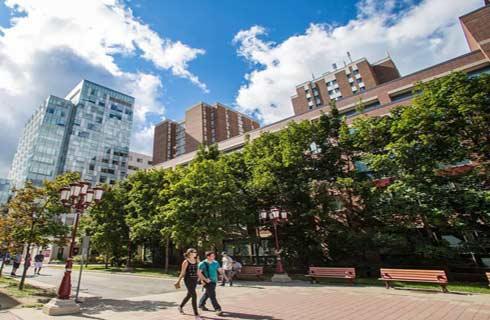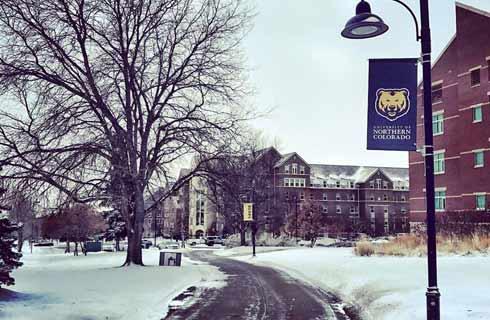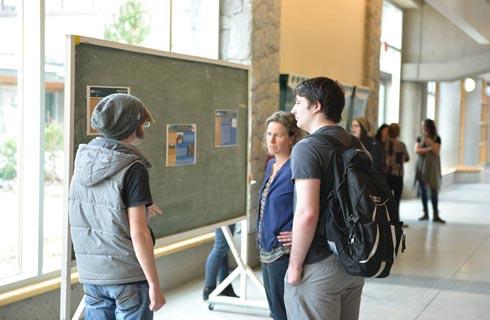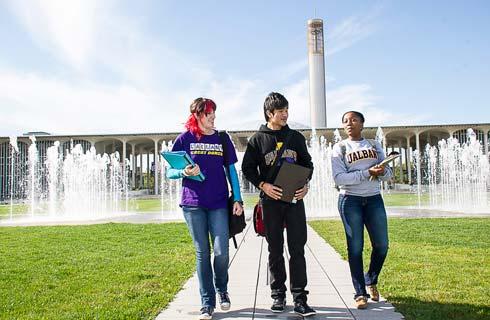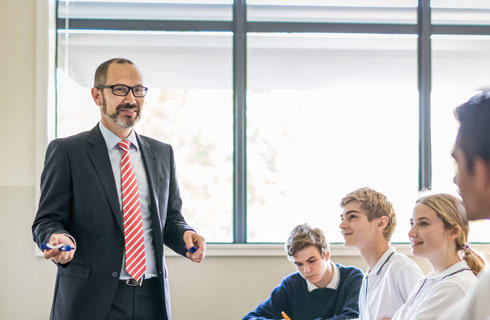课程简介
The Masters focuses on the act of making and everything that encompasses: materials, techniques, intentions, context and concept. You will study treatises and other testimonies on artistic practice and reconstruct historical recipes and modern techniques to understand artists' materials, practices and aesthetic choices. You will develop transferable skills and a thorough understanding of the science and conservation that supports the interpretation of artworks. You will learn about the change and preservation of cultural heritage, as well as exploring issues of authenticity. Technical art history is an exciting and rapidly growing field involving art historians, scientists and conservators, which also branches out to economics, social history and philosophy. You will study objects and artefacts, interacting with professionals and academics from the Hunterian Museum & Art Gallery, Glasgow Museums, National Galleries of Scotland, as well as national and international institutions linked to research projects. You will be part of the Kelvin Centre for Conservation and Cultural Heritage Research. Our research and training facilities include photography, microscopy, UV imaging, Infra-Red Reflectography, FTIR, pXRF, Raman, HPLC, RTI, contact profilometers, uniaxial and biaxial tensile testers, ageing ovens (thermal and light), 3D printing and dyeing. You will have access to the Hunterian Study Centre at Kelvin Hall, offering an exceptional opportunity for research-led, object-based learning and cross-disciplinary research. You have the opportunity to complete a work placement, where you can explore a possible future career while meeting professional practitioners and developing your skills and experience. You will benefit from guest speakers from technical art history, conservation, artist studios and the museum profession: broadening your horizons, offering you networking opportunities and research contacts.You will participate in reconstruction workshops of painting techniques, as well as workshops on the reconstructions of pigment recipes and scientific examination techniques. You can take a study trip to Amsterdam, London, Madrid or Munich, visiting major museums and their conservation studios and research labs, as well as research institutions working in the field of technical art history.
展开















